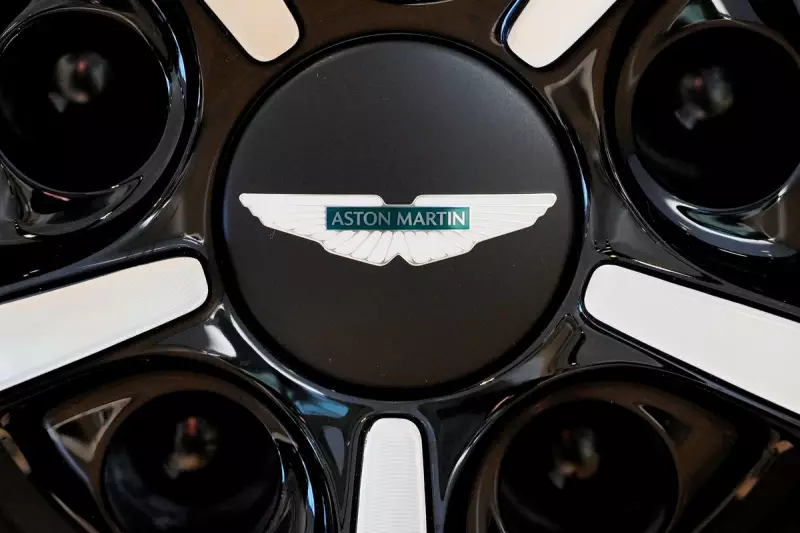
Britain's prestigious automotive sector is roaring back to life as two of its most iconic brands, Aston Martin and Jaguar Land Rover, report impressive financial performances that have exceeded market expectations.
Aston Martin's Remarkable Recovery
The legendary British marque, famous for its association with James Bond, has dramatically reversed its fortunes with pre-tax profits soaring to £164.7 million. This represents a stunning turnaround from the £139 million loss recorded during the same period last year.
Under the leadership of executive chairman Lawrence Stroll, Aston Martin has seen wholesale volumes increase by nearly 10%, delivering 3,445 vehicles to eager customers worldwide. The company's strategic focus on more profitable models and improved pricing has clearly paid dividends.
Jaguar Land Rover Accelerates Ahead
Meanwhile, Jaguar Land Rover, owned by Indian conglomerate Tata Motors, has reported equally impressive results. The luxury car manufacturer posted pre-tax profits of £1.1 billion for the final quarter of 2023, marking a significant improvement from the £9 million loss in the previous year.
JLR's revenue surged to £7.4 billion, with retail sales climbing by 27% to reach 107,000 vehicles. The company's order book remains robust at 148,000 units, demonstrating sustained global demand for its premium vehicles.
Driving Factors Behind the Success
- Strong demand for luxury vehicles in key markets including China, North America and Europe
- Improved supply chain stability easing previous production constraints
- Strategic focus on higher-margin models boosting profitability
- Successful navigation of economic challenges including inflation pressures
The impressive performances from both manufacturers signal a robust recovery for the UK's luxury automotive sector, which had faced significant headwinds in recent years. Industry analysts are now watching closely to see if this momentum can be sustained through 2024.
These results not only demonstrate the enduring appeal of British automotive craftsmanship but also highlight the sector's importance to the UK economy, providing thousands of skilled manufacturing jobs and contributing significantly to export figures.





